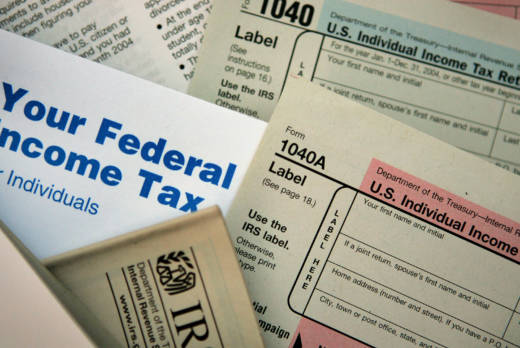Justin Elliot: Sure. So, you know, our coverage of this really ramped up a few years ago, and what we found is that there were a lot of people, actually millions of Americans, who clicked on ads or saw marketing that was claiming that they could file for free on TurboTax. And then once they got halfway or three quarters of the way through trying to file, a screen would pop up and say, ‘Actually, given your tax circumstances in order to continue and finish the filing process, you have to switch to a paid edition and pay us 75 bucks or 125 bucks’ or something like that. At one point Intuit had actually added computer code to the website of a version of TurboTax that was truly free, informing search engines like Google not to include that truly free version on search results. So if you, at that point a few years ago, if you just Google like ‘TurboTax free,’ the results would only show you the commercial versions in which you would often have to end up paying, and the-kind-of truly free version was deliberately hidden. They changed that after we reported it, but that's just one example.
Mary Franklin Harvin: Is there any way to quantify how much money into it has made using these sort of diversionary tactics?
Justin Elliot: One of the inspector general's for the Treasury Department looked at this a couple of years ago and found that in one year, 14 million Americans paid for tax prep software like TurboTax that they could have gotten for free. And we estimated at ProPublica that that amounted to around a billion dollars in extra revenue coming in for Intuit and H&R Block and other tax software companies.
Mary Franklin Harvin: Hmmm. And you and ProPublica also point to in this reporting the ways in which the IRS has enabled these dynamics to exist.
Justin Elliot: Right. So one of the features of the tax prep industry and this whole question in the US, going back at least 30 years now, has been the industry led by Intuit, which is the biggest player spending a lot of money on lobbying and campaign donations to ensure that the IRS does not make tax filing easier on its own. Because obviously, the TurboTax business model relies on it being difficult to file your taxes directly with the government because most people don't want to print out PDFs and figure out how the tax forms work. In many other developed countries there are easy and free ways to file your taxes through the government, and in some countries they even will just send you a tax return that's pre-filled out with the data that the tax authority already has, as the IRS does. But that's something that the industry, including Intuit, has lobbied against very vigorously for years at this point.
Alex Hall: That was the California Report's Mary Franklin Harvin talking with ProPublica reporter Justin Elliott.
Pot Warning Labels
A new push for mental health warnings on legal cannabis products.
Reporter: April Dembosky

